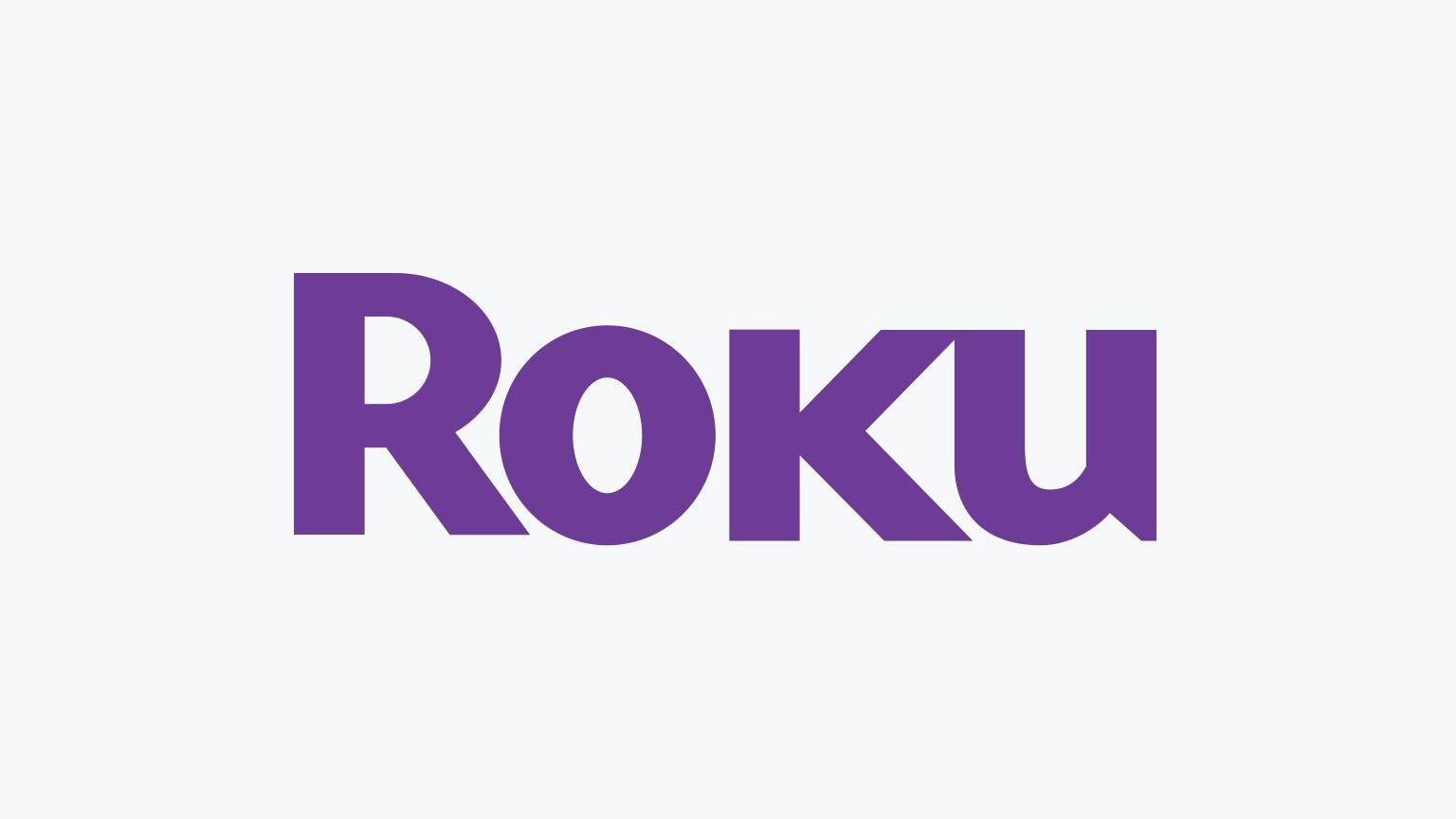
As the world continues to evolve, so do criminals.
Today, the Detroit Free Press released a story about Maureen McDonald, a freelance journalist who was scammed out of almost $200 by a fake Roku representative pitching a “lifetime service plan.”
McDonald says she was setting up her new Roku when a message flashed on the TV screen to tell her to call an 800 number for help activating the device. She called and fell victim to the scam - the number was a fake. Later, the same criminal called her and issued threats to try to get her to pay even more.
McDonald is just one of many who have been scammed by these Roku tech support scams. Last May, the Better Business Bureau reported that consumers in 25 states reported a company charged unnecessary fees to activate their Roku device.
“Customers stated that they were subsequently charged an unnecessary activation fee ranging from $79.99 to $249.99 and were led to believe that this fee was required to enable their Roku device,” according to the BBB.
Roku does not require payment for account activation, device set-up, or tech support.
In some cases, new users saw an error message and were directed to call a company called CaliGeeks Inc. In other cases, users somehow clicked a website that wasn’t connected to Roku. After receiving an activation code, the consumer was alerted to call a number due to some error.
A Roku spokesperson said, “We’ve taken several efforts to combat customer support impostors including messaging more to our customers across packaging, the Quick Start Guide in the box, on device screens and on our website ,” the spokesperson said. “And we are working with government authorities to put these fraud operations out of business.”
Roku now has a support page dedicated to scams that outlines what to look out for when setting up your account — and what to do if you’ve been duped.
- Ensure the site you’re on ends in “Roku.com.”
- Never provide your social security number, date of birth, or Roku account password to the agent — Roku-trained agents will never ask for this info.
- Do not install third-party software or otherwise grant an agent access to your computer — trained Roku agents will never do these things.
If it’s too late to be proactive, and a user has erroneously given their info to a scammer, Roku recommends following these steps:
- Check your bank and credit card statements for any associated charges.
- Call your credit card company or bank and ask to have any associated charges reversed.
- Remove any software that a scammer may have installed on your computer and change any passwords for programs on your computer that may have been accessed during the scam.
- Change the password on your Roku account.
- Change the password on your email account if you may have shared your email credentials with a scammer.
- Visit the Federal Trade Commission website and file a complaint about the experience.
Stay safe out there, folks.
